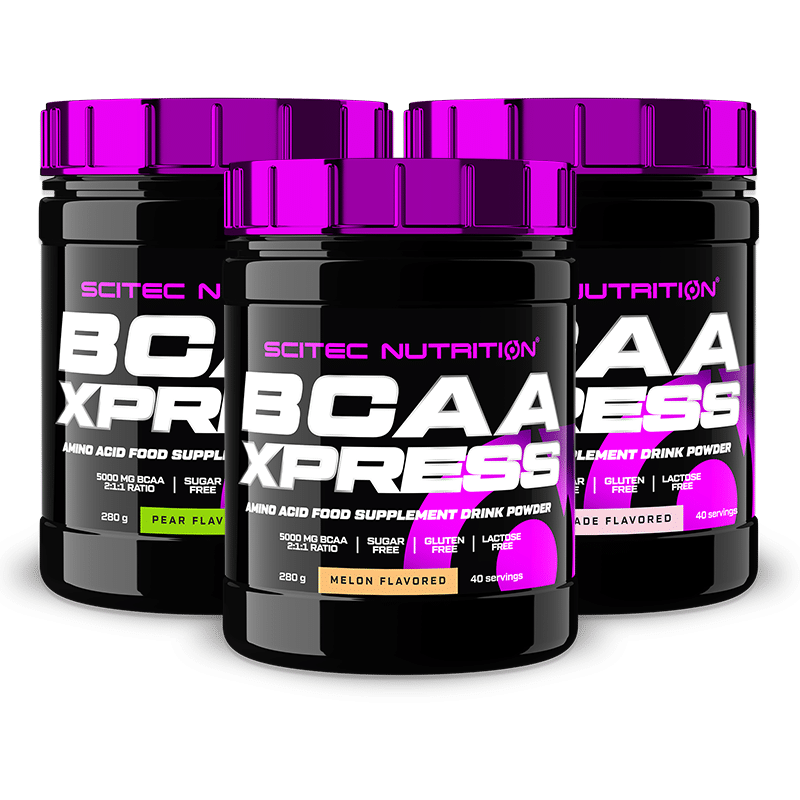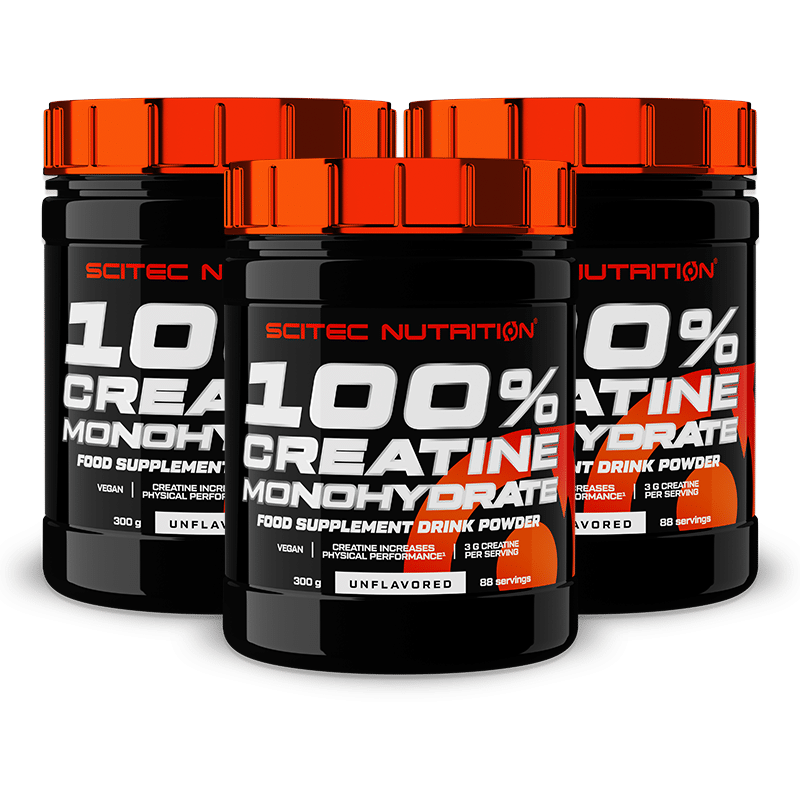BCAA stands for “Branched-Chain Amino Acids,” a group of essential amino acids that are vital for various physiological functions in the human body. These essential amino acids include leucine, isoleucine, and valine, and they are called “branched-chain” due to their unique chemical structure.
BCAA plays a crucial role in the body’s protein synthesis and muscle maintenance. They are considered essential because your body cannot produce them on its own; therefore, you must obtain them through your diet or supplements. BCAA represents a significant portion of the amino acids found in muscle tissue, making them particularly important for muscle health and function.
Beyond their role in muscle maintenance, BCAA has garnered attention for their potential benefits in various aspects of fitness, including muscle recovery, muscle growth, and reducing exercise-induced fatigue. Additionally, they have implications for overall health and well-being.
In this comprehensive blog post, we will delve into the world of Branched-Chain Amino Acids (BCAA). Our primary goal is to provide you with a clear understanding of what BCAA is, why it matters, and how you can harness its potential benefits. We will explore the various advantages of BCAA, sources of these essential amino acids in your diet, and practical ways to incorporate them into your nutrition and fitness routine.
By the end of this blog post, you will have a comprehensive knowledge of BCAA, its roles in the body, and how to optimize your BCAA intake to support your fitness goals and overall health. Whether you’re an athlete looking to enhance performance, a fitness enthusiast aiming for better recovery, or someone interested in improving your nutrition, this guide will equip you with valuable insights into the world of BCAA.

Are you ready to take your training to the next level? Find your BCAA here.
Amino acids are the fundamental building blocks of proteins, and they play a critical role in various biological processes within the human body. These organic compounds are composed of carbon, hydrogen, oxygen, and nitrogen atoms, with a specific structure that distinguishes one amino acid from another. There are 20 different amino acids commonly found in proteins, each with its unique properties and functions.
Branched-Chain Amino Acids, or BCAA for short, are a subset of essential amino acids that comprise three specific amino acids: leucine, isoleucine, and valine. These amino acids are named “branched-chain” due to their distinctive chemical structure, which includes a branched molecular configuration.
BCAA’s importance lies in their role in muscle protein synthesis (MPS) and muscle function. When you engage in physical activities like resistance training or endurance exercise, your muscles experience stress and damage. BCAA, particularly leucine, acts as a trigger for muscle protein synthesis, facilitating the repair and growth of muscle tissue.
Here’s how it works: Leucine activates a specific signaling pathway called the mTOR pathway, which plays a central role in regulating muscle protein synthesis. When you consume BCAA, especially leucine, it signals your body to build and repair muscle tissue more effectively.
Furthermore, BCAA has been shown to reduce the perception of exercise-induced fatigue. During prolonged or intense physical activity, your body may break down amino acids for energy. BCAA supplementation can help mitigate this effect by providing an additional source of readily available amino acids, potentially delaying the onset of fatigue and improving exercise performance.
Understanding the role of BCAA in muscle function and protein synthesis sets the stage for exploring the numerous benefits associated with BCAA supplementation and its applications in fitness and nutrition, which will be covered in subsequent sections.

Protein powder is a key component in any nutrition plan. Find yours here.
Beyond their impact on muscle health and fitness, BCAA may offer other potential health benefits:
Understanding the various benefits of BCAA supplementation can help you make informed choices about incorporating it into your nutrition and fitness routine. Whether you’re an athlete looking to optimize performance, a fitness enthusiast seeking faster recovery, or someone interested in improving overall well-being, BCAA may offer valuable advantages.
Animal-based foods are rich sources of BCAA, making them an essential part of a balanced diet for those seeking to increase their BCAA intake. Include the following in your diet:
For vegetarians and vegans or those looking to incorporate more plant-based options, there are BCAA sources available:
BCAA supplements are readily available in the form of powders or capsules. They offer a convenient way to increase your BCAA intake, especially when specific dietary needs or fitness goals require higher doses.
The recommended dosage of BCAA supplements can vary based on your individual goals and needs. As a general guideline, many individuals take 5-10 grams of BCAA before or during a workout. Consult with a healthcare professional or follow the manufacturer’s instructions for precise dosing.
BCAA supplementation can be particularly beneficial when incorporated into your pre-workout and post-workout nutrition. Consuming BCAA before exercise can help reduce muscle breakdown during your workout, while taking them after exercise supports muscle recovery and growth.
BCAA can be used in conjunction with other supplements to enhance their effectiveness. For example, combining BCAA with whey protein can provide a comprehensive amino acid profile for muscle repair and growth. Always consult with a healthcare professional or a nutrition expert before combining supplements to ensure safety and optimal results.

Creatine is more than just a supplement; it’s a revolution in muscle building. Find yours here.
BCAA supplements are generally safe when used as directed. However, some individuals may experience minor side effects, including nausea or digestive discomfort. These side effects are typically mild and temporary. If you experience severe or persistent side effects, discontinue use and consult a healthcare professional.
BCAA supplementation can benefit a wide range of individuals, including athletes, bodybuilders, those engaged in regular exercise, and anyone seeking to optimize muscle recovery and growth. Vegetarians, vegans, and individuals with specific dietary restrictions may also find BCAA supplementation valuable to meet their amino acid needs.
Before starting any new supplement regimen, it’s advisable to consult with a healthcare professional or a registered dietitian, especially if you have underlying medical conditions or concerns about potential interactions with medications.
In conclusion, Branched-Chain Amino Acids (BCAA) play a pivotal role in optimizing your fitness and overall well-being. To recap, here are the key benefits of BCAA:
Considering the diverse benefits of BCAA, it’s worth incorporating them into your diet and fitness regimen, especially if you are an athlete, fitness enthusiast, or someone aiming for a healthier, more active lifestyle. BCAA supplements or dietary sources can be valuable tools to help you reach your fitness goals and promote overall well-being.
Recommended Readings on BCAA and Amino Acids
This blog post was informed by various scientific references and studies on BCAA, including research articles and academic publications. For more in-depth information and studies related to BCAA and amino acids, you can explore these sources to enhance your understanding.
By considering BCAA as a valuable component of your nutritional strategy, you can optimize your fitness, support your muscle health, and embark on a journey towards a healthier and more active lifestyle.
© 2024 Only Approved – Designed by Aveo web&marketing
Socials
Socials